 With the World Cup kicking off last week, GLAAD has released a guidebook highlighting LGBT issues for journalists covering the tournament in Brazil. The guidebook includes a statement on anti-LGBT slurs, a list of LGBT soccer players (none of whom are competing in this World Cup), as well as some information about Brazilian culture in regard to LGBT people.
With the World Cup kicking off last week, GLAAD has released a guidebook highlighting LGBT issues for journalists covering the tournament in Brazil. The guidebook includes a statement on anti-LGBT slurs, a list of LGBT soccer players (none of whom are competing in this World Cup), as well as some information about Brazilian culture in regard to LGBT people.
While women's soccer has many positive lesbian role models (for instance, Megan Rapinoe, Lori Lindsey, and Abby Wambach from the U.S. team are all openly gay), FIFA and men's soccer have had a difficult relationship with the LGBT community. Last year Bayern Munich fans unfurled a banner with an antigay slur directed toward an Arsenal player.
The 2018 Cup is scheduled for Russia, and the 2022 World Cup is to take place in Qatar, both countries with hostility toward LGBT residents. When FIFA president Sepp Blatter was asked about Qatar's anti-LGBT laws, and about hosting a major tournament in a country where being gay is still punishable by law, he laughed and suggested that LGBT fans who attend the games should "refrain from sexual activity." He later apologized.
GLAAD's guidebook also serves as an attempt to curb hate speech, even among fans, with #stoptheslurs on social media. In an attempt to further discourage the use of slurs among fans and players, GLAAD sent a letter to Blatter asking him to publicly condemn this type of language. During the World Cup in South Africa in 2010, FIFA took a hard line against racism, and praising this action, GLAAD suggests a similar effort be put toward ending discrimination across the board. Blatter has yet to respond.
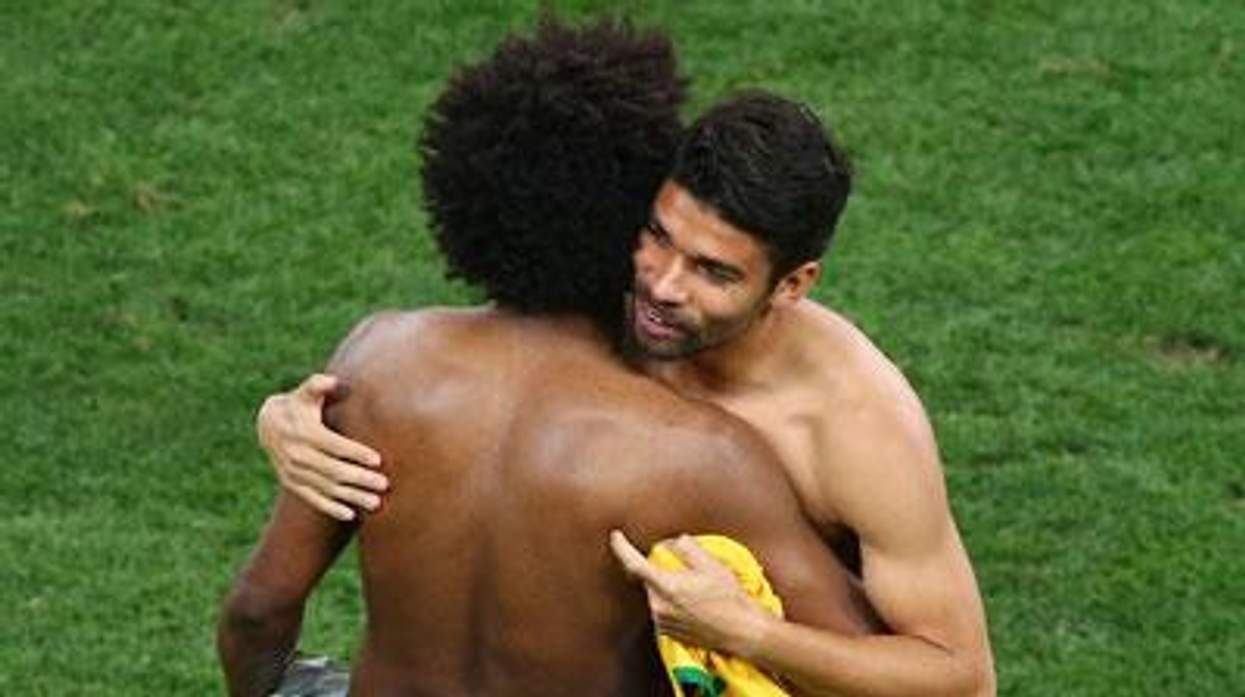

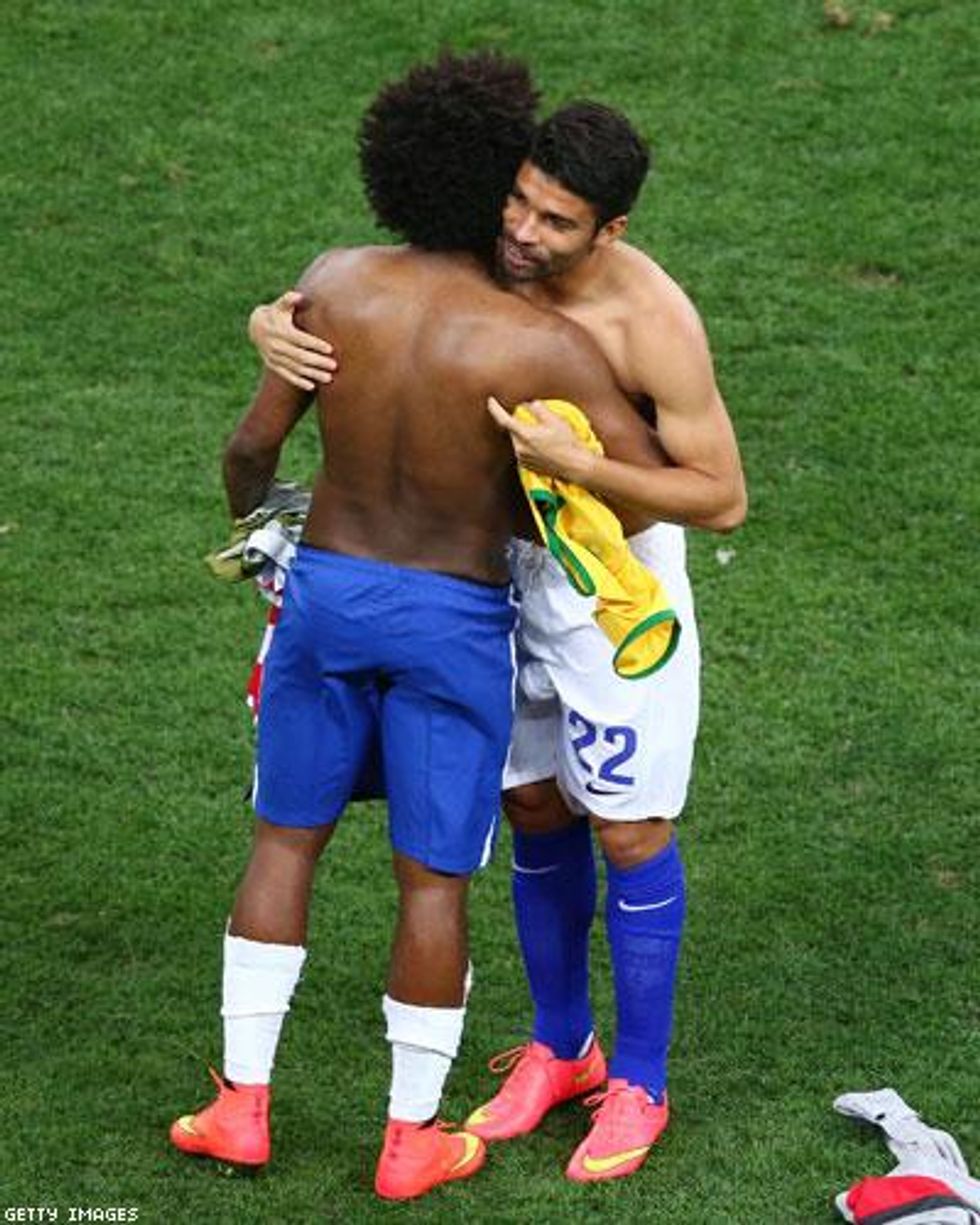 With the World Cup kicking off last week, GLAAD has released a guidebook highlighting LGBT issues for journalists covering the tournament in Brazil. The guidebook includes a statement on anti-LGBT slurs, a list of LGBT soccer players (none of whom are competing in this World Cup), as well as some information about Brazilian culture in regard to LGBT people.
With the World Cup kicking off last week, GLAAD has released a guidebook highlighting LGBT issues for journalists covering the tournament in Brazil. The guidebook includes a statement on anti-LGBT slurs, a list of LGBT soccer players (none of whom are competing in this World Cup), as well as some information about Brazilian culture in regard to LGBT people.

















































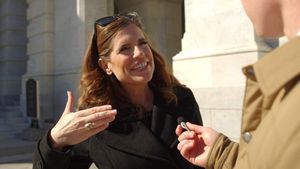



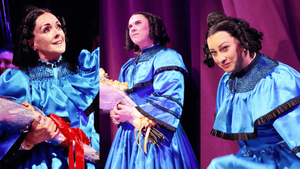





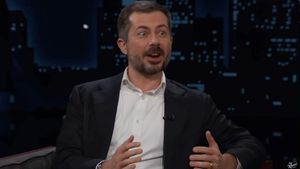




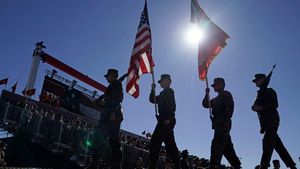
Charlie Kirk DID say stoning gay people was the 'perfect law' — and these other heinous quotes